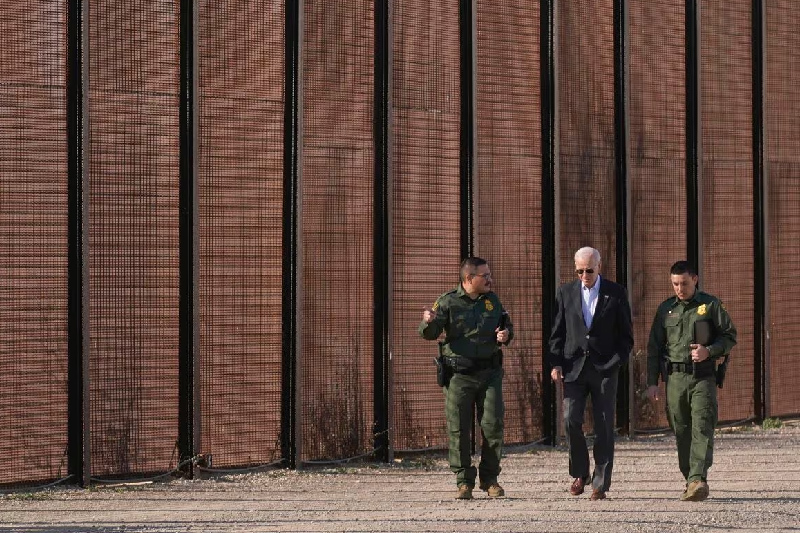

In the spring of 2018, the Trump administration rolled out its infamous “zero tolerance” policy
In the spring of 2018, the Trump administration rolled out its infamous “zero tolerance” policy, aimed at deterring would-be migrants by criminally prosecuting those crossing the border unlawfully and separating children from their parents. Even after the policy was reversed, its impacts still reverberate.
The Forcibly Separated Remain Apart
By the summer of 2018, over 2,500 children had been separated from their families under the policy. Though a federal judge ordered the government to reunite the families, the process has been slow and complex.
“Hundreds of kids still have not been reunited with their parents,” says Christie Turner-Herbas, an attorney with Kids in Need of Defense (KIND), a nonprofit serving unaccompanied migrant children. “Some parents were deported without their children. Some families decided to be reunified in their home country rather than risk bringing their child back to danger in Central America.”
The Trauma Inflicted on Children
For children separated at a young age, the trauma can be deep and lasting. “They were distraught,” describes Turner-Herbas of the separated children she worked with. “Some kids blamed their parents for abandoning them. Children who had witnessed violence in their home countries were re-traumatized.”
Mental health experts say that family separation interferes with a child’s natural sense of safety and trust. The American Academy of Pediatrics has said the practice may cause “irreparable harm.”
Ongoing Legal Limbo
Though separation under “zero tolerance” has ended today, its impacts linger in the legal system.
The government is still pursuing removal for some reunited families. Others remain in immigration proceedings, an unsettled state that compounds trauma. For deported parents trying to reunite with their children in the U.S., the way forward is often unclear.
“There are a lot of lasting effects,” says Turner-Herbas. “These parents and children endured significant trauma, and now they’re stuck in this holding pattern.”
Slow Healing
For the families, healing comes gradually. “When I first met with mothers after reunification, they couldn’t talk for their weeping,” Turner-Herbas recalls. “Now when I see them, we hug and sometimes laugh a little. But their legal situation hasn’t changed, even if emotionally, they’re starting to move forward.”
Private organizations like KIND have helped provide counselling and mental health support. But the damage runs deep.
“This will affect generations,” Turner-Herbas says. “It’s impacted parents’ ability to trust their child is safe. For the kids, the trauma will last a lifetime.”
While the Biden administration has created a task force to address family separation, the way forward remains long. Lawsuits over the policy continue. And the separated families face an uncertain future.
“We haven’t seen a lot of action,” says Turner-Herbas. “The administration needs to make this a priority.”
Until then, she says, Trump’s family separation policy will cast a lasting shadow over migrants searching for refuge in America. For the families it impacted, the wounds have yet to heal fully.
During the 2025 Game Developer Conference in San Francisco, the United Videogame Workers Union officially launched on Wednesday as a…
Google has agreed to pay $28 million to settle a class-action lawsuit that accused the tech behemoth of sending better…
The much loved social media site, TikTok has become an unlikely tool in the ongoing struggle between migrant smugglers and…
The Department of Defense will layoff 60,000 civilian workers through employment cuts which amount to a 5% to 8% workforce…
Amazon is now firing 14,000 managers in yet another cost-cutting exercise. This restructuring process, which will end by early 2025,…
The Balochistan Human Rights Council (HRCB) has sounded the alarm at a shocking escalation of enforced disappearances and extrajudicial executions…
This website uses cookies.
Read More